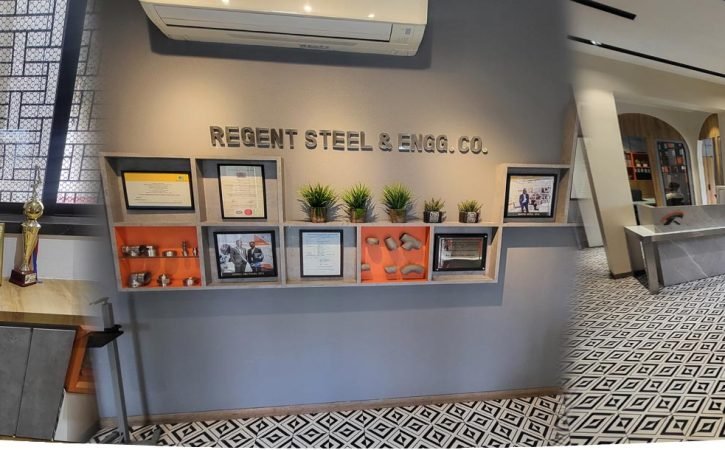
Nickel alloys are widely used in various industries for their exceptional properties, including high corrosion resistance, heat resistance, and strength. Whether it’s for aerospace, chemical processing, oil and gas, or power generation applications, the quality of nickel alloys plays a crucial role in ensuring the reliability and performance of the end products. For buyers seeking nickel alloy suppliers, understanding the importance of quality assurance is paramount. In this blog, we will delve into the key considerations that buyers should keep in mind when evaluating nickel alloy suppliers.
Material Traceability:
One of the fundamental aspects of quality assurance in nickel alloy supply is material traceability. Buyers should prioritize suppliers who can provide complete traceability of the materials they offer. Traceability ensures that the nickel alloys meet the specified chemical composition, mechanical properties, and other required specifications. It also allows for effective quality control and enables identification of any potential issues or defects.
Certification and Compliance:
Reliable nickel alloy suppliers should hold relevant certifications and comply with industry standards and specifications. Look for suppliers who have ISO 9001 certification, which demonstrates their commitment to quality management systems. Additionally, they should be able to provide certifications such as EN, ASME, ASTM, or other applicable standards, depending on the intended application of the nickel alloys. These certifications ensure that the supplied materials meet the required quality standards and are suitable for the specific industry or application.
Testing and Inspection:
Thorough testing and inspection processes are crucial for ensuring the quality of nickel alloys. Buyers should inquire about the supplier’s testing capabilities and the range of tests performed on the materials. Common tests include chemical analysis, mechanical testing, non-destructive testing (e.g., ultrasonic testing, dye penetrant testing), and corrosion resistance evaluation. A reputable supplier will have well-equipped laboratories and skilled personnel to conduct these tests and provide accurate and reliable results.
Material Handling and Packaging:
Proper material handling and packaging are essential to prevent contamination, damage, or deterioration of nickel alloys during transportation and storage. Buyers should ensure that the supplier follows appropriate handling and packaging procedures. This includes using suitable containers, protective coatings, and moisture-resistant packaging to maintain the integrity of the materials. Adequate labeling and documentation should also be provided to identify the alloy grade, dimensions, and any special handling instructions.
Supply Chain Management:
The quality of nickel alloys can be affected by various factors throughout the supply chain. Buyers should evaluate the supplier’s supply chain management practices to ensure consistency and reliability. Key considerations include the selection of reputable raw material suppliers, effective quality control measures at each stage of production, and efficient logistics and delivery processes. A well-managed supply chain minimizes the risk of material contamination, delays, or other issues that could compromise the quality of the nickel alloys.
Customer Support and Technical Expertise:
Choosing a nickel alloy supplier who offers excellent customer support and technical expertise is invaluable. Buyers should look for suppliers who have knowledgeable and responsive customer service teams that can address inquiries, provide guidance, and assist with any technical challenges. A supplier with experienced metallurgists and engineers can offer valuable insights and recommendations regarding material selection, alloy compatibility, and application-specific requirements.
In conclusion, quality assurance is of utmost importance when sourcing nickel alloys. Buyers should prioritize suppliers who prioritize material traceability, Inconel suppliers in India, perform thorough testing and inspection, follow proper material handling and packaging practices, demonstrate strong supply chain management, and offer excellent customer support and technical expertise. By considering these key considerations, buyers can ensure that they receive high-quality nickel alloys that meet their specific requirements, ultimately leading to reliable and successful applications in their respective industries.









